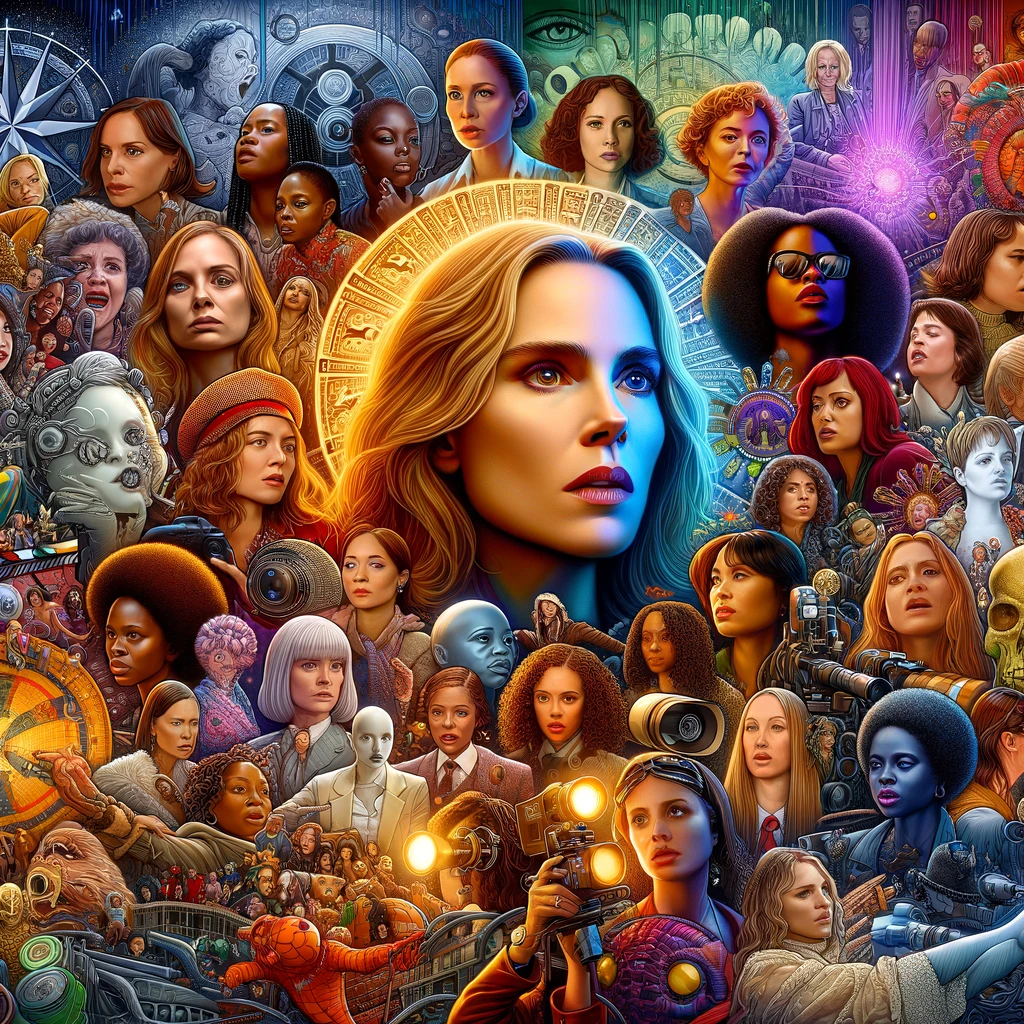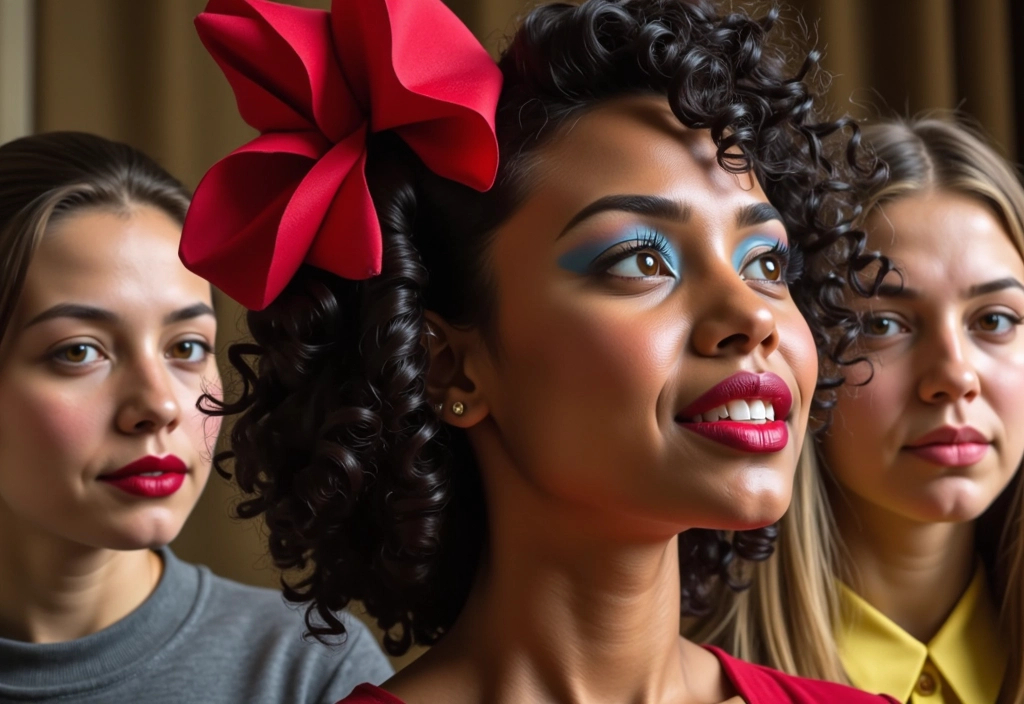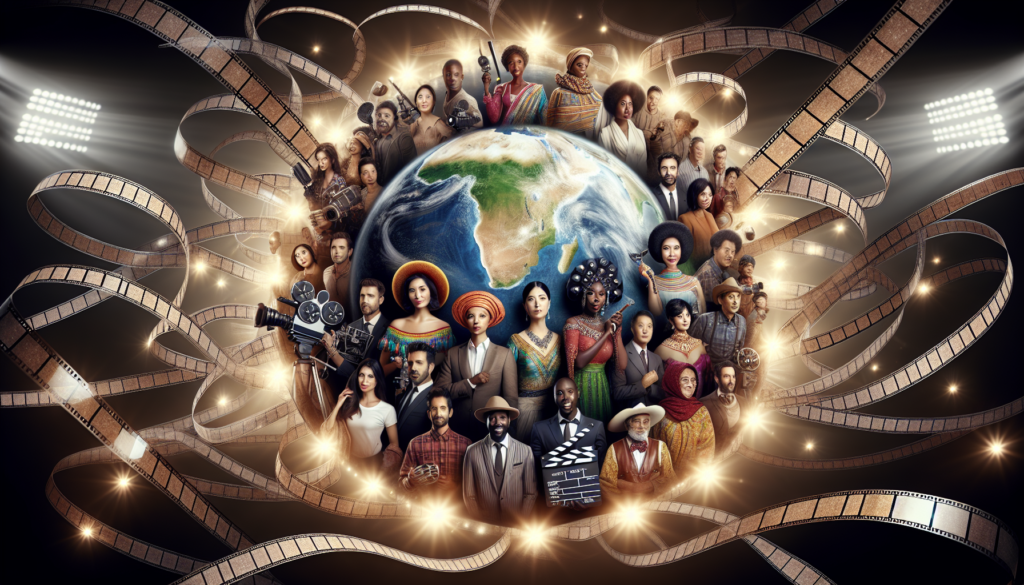Film has the power to shape our perceptions and beliefs, and the representation of women in film has been a topic of debate for decades. The portrayal of women in movies has evolved over time, but there are still many areas where improvement is needed. In this article, we will explore the representation of women in film, looking at the current state of affairs, the challenges that women face in the industry, and the importance of creating more diverse and empowering roles for women in movies.
The representation of women in film has been a point of contention for as long as there have been movies. From the early days of Hollywood to the present, women have often been relegated to secondary roles, playing the love interest or the damsel in distress. While there have been exceptions to this rule, the majority of movies have perpetuated gender stereotypes and perpetuated unrealistic beauty standards. However, in recent years, there has been a push for more diverse and authentic portrayals of women on screen.
One of the main challenges that women face in the film industry is the lack of opportunities. According to the Center for the Study of Women in Television and Film, in 2019, women accounted for only 18% of all directors, writers, producers, executive producers, editors, and cinematographers working on the top 100 grossing films. This lack of representation behind the camera directly impacts the representation of women on screen, as the perspectives and experiences of women are often overlooked and undervalued.
Furthermore, the roles that are available to women in film are often limited and one-dimensional. Women are frequently cast as the love interest, the supportive wife, or the sexy sidekick, with few opportunities to play complex, multifaceted characters. This not only perpetuates harmful gender stereotypes but also limits the types of stories that are told on screen. When women are not given the opportunity to play leading roles or to be the heroes of their own stories, it sends a message that their experiences and perspectives are not as important as those of men.
In recent years, there has been a push for greater diversity and representation in film, and this has led to the creation of more complex and empowering roles for women. Movies such as “Wonder Woman,” “Black Widow,” and “Frozen” have all featured strong, independent female characters who are the heroes of their own stories. These movies have been successful not only at the box office but also in challenging traditional gender roles and inspiring audiences of all ages.
However, there is still much work to be done. While the representation of women in film has improved in some areas, there are still many instances where women are objectified, marginalized, or relegated to secondary roles. For example, the prevalence of the “male gaze” in film, where women are often depicted in a sexualized and dehumanizing manner, continues to be a problem. Additionally, the lack of representation of women of color, LGBTQ+ women, and women with disabilities is a significant issue that needs to be addressed.
The representation of women in film is not only important for the women and girls who see themselves reflected on screen but also for society as a whole. When we see diverse and empowering portrayals of women in movies, it challenges our preconceived notions and encourages us to think critically about gender stereotypes and inequality. Additionally, the representation of women in film can have a powerful impact on young girls, shaping their aspirations, beliefs, and self-worth.
In order to improve the representation of women in film, it is essential for the industry to embrace diversity and inclusion at every level. This includes hiring more women in behind-the-scenes roles, creating more opportunities for women of color and other marginalized groups, and telling a wider range of stories that reflect the experiences of women from all walks of life. It also requires challenging gender stereotypes and creating more complex and authentic roles for women on screen.
Ultimately, the representation of women in film is a complex and multifaceted issue that requires a concerted effort from all stakeholders in the industry. By creating more diverse and empowering roles for women in movies, we can challenge traditional gender roles, inspire audiences, and create a more inclusive and equitable society. The representation of women in film is not just about entertainment; it’s about shaping our perceptions and beliefs, and creating a more just and equal world for future generations.



